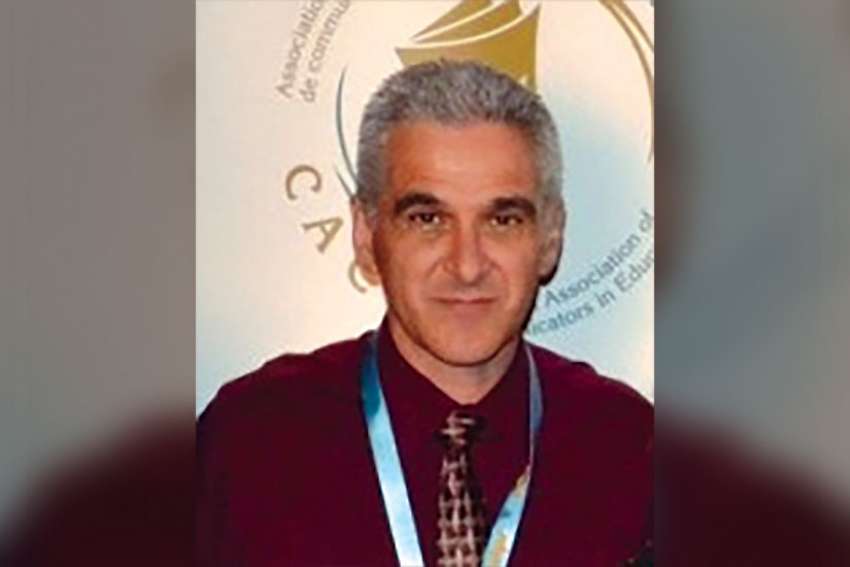Speaking the same language would help.
That’s just one advantage of a free basic French refresher course for parents offered by the French Catholic school board of Northern Ontario.
“The goal is really to better serve our parents in the system to help support their children with learning French,” said Paul de la Riva, a spokesperson for the Conseil scolaire catholique due Nouvel-Ontario.
“We felt that by offering this French second-language program that we are helping out families where one of the parents are a non-Francophone and wants to support their child learning French and acquire a high level of bilingualism.”
One factor which prompted the need for such a program, according to de la Riva, is the increasing number of mixed language families enrolling their children in the French Catholic board of the north.
“More and more of your households are not 100 per cent Francophones,” he said. “In the past usually both parents were French-speaking or had French as a first language, but more and more we see a big blend where we have more and more English parents involved in mix-language households.”
Although the program comes at no cost to the parents, the board does require that the participant’s child be within a year and a half of enrolling in full-day kindergarten.
The program, now in its fifth year, is being offered at eight of the board’s 37 schools.
“The schools have the liberty to decide what they think is best for their own school community,” said de la Riva, noting that those who are offering it start the program in February or March.
To help encourage participation “the program is offered informally,” which alleviates the pressure of commitment and allows the parents “to learn a language in a fun-filled setting,” he added.
“Making it fun is important,” said de la Riva. “We don’t want parents to go to the classroom for the lesson and they are really stiff lessons where the teacher will teach formal grammar lessons.”
While the children are to become bilingual, de la Riva stressed that the program for parents, which lasts only 30 hours, will not on its own create fluent French speakers.
“The goal is not to make the parents fully bilingual,” he said. “But the parent will acquire some vocabulary (and) will be exposed to some elements of units that will be taught in the classroom so they will be aware of what their children will learn in the following year.”
Parents participating in the program not only want the education for their child, but they also want to be involved in that education more so than ever before, said de la Riva.
“Parents are more engaged and involved in their kid’s education. And we’ve noticed that parents want to learn French, they want to assist and they want to be active in the school community,” he said.
Motivating many non-Francophone parents to enrol their children into a fully French school is the belief that with bilingualism comes a competitive edge in the job market.
“(Participants) see the benefit of learning the second language,” he said. “Really, today in a global society speaking one language, well, is great (but) mastering two languages is even better. It could have a huge impact on the job market.”
Ontario’s Ministry of Education, which oversees the four publicly-funded school systems in the province, agrees that being bilingual provides a competitive edge when seeking employment.
This is particularly true for those who speak both French and English, a requirement for many well paying government jobs.


